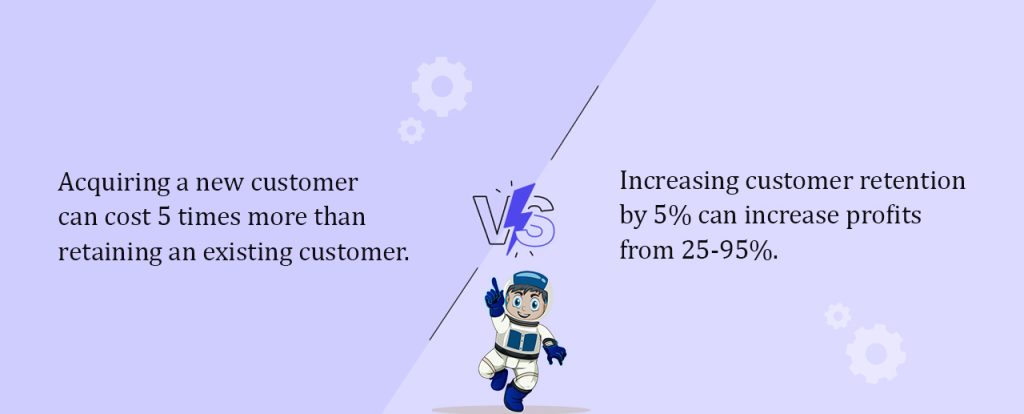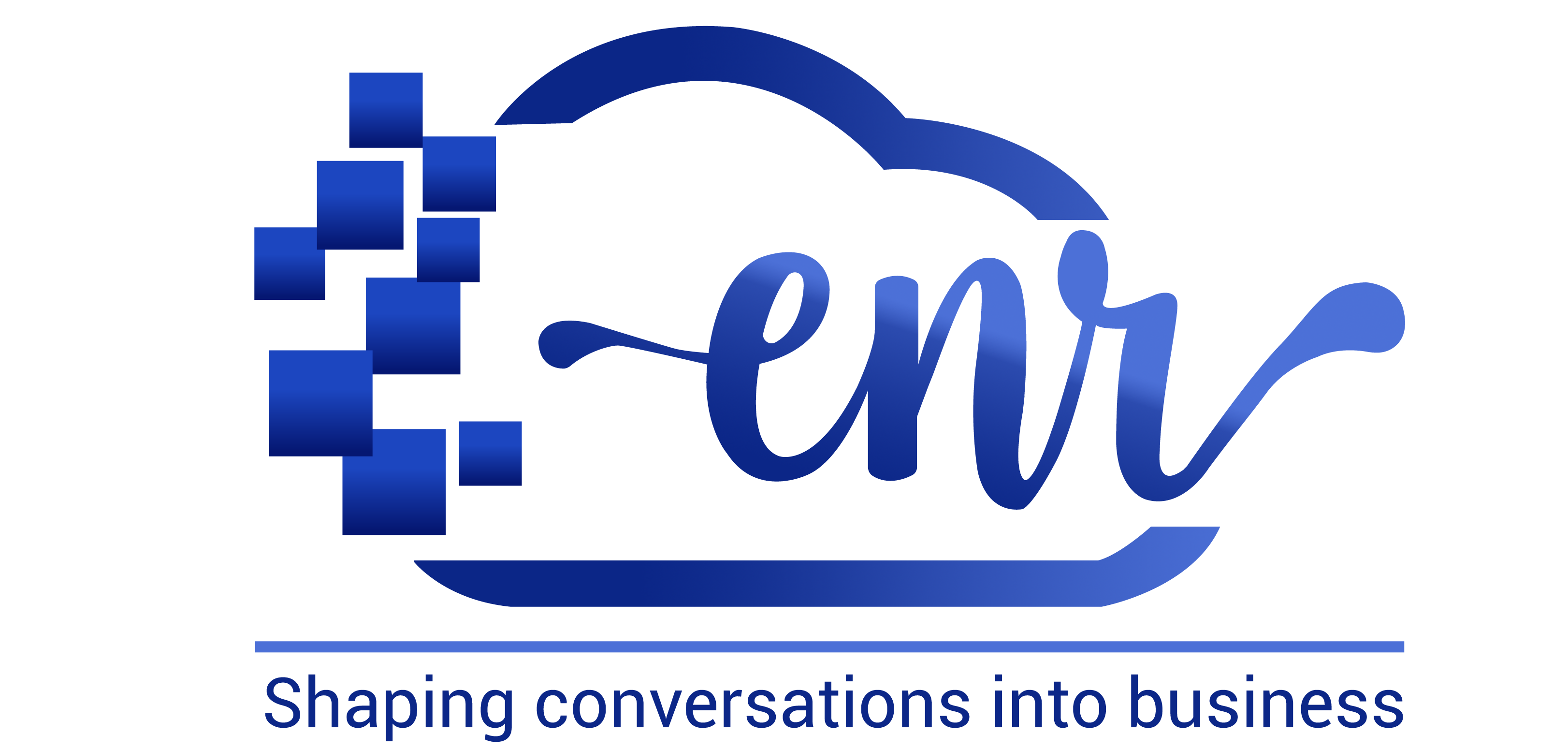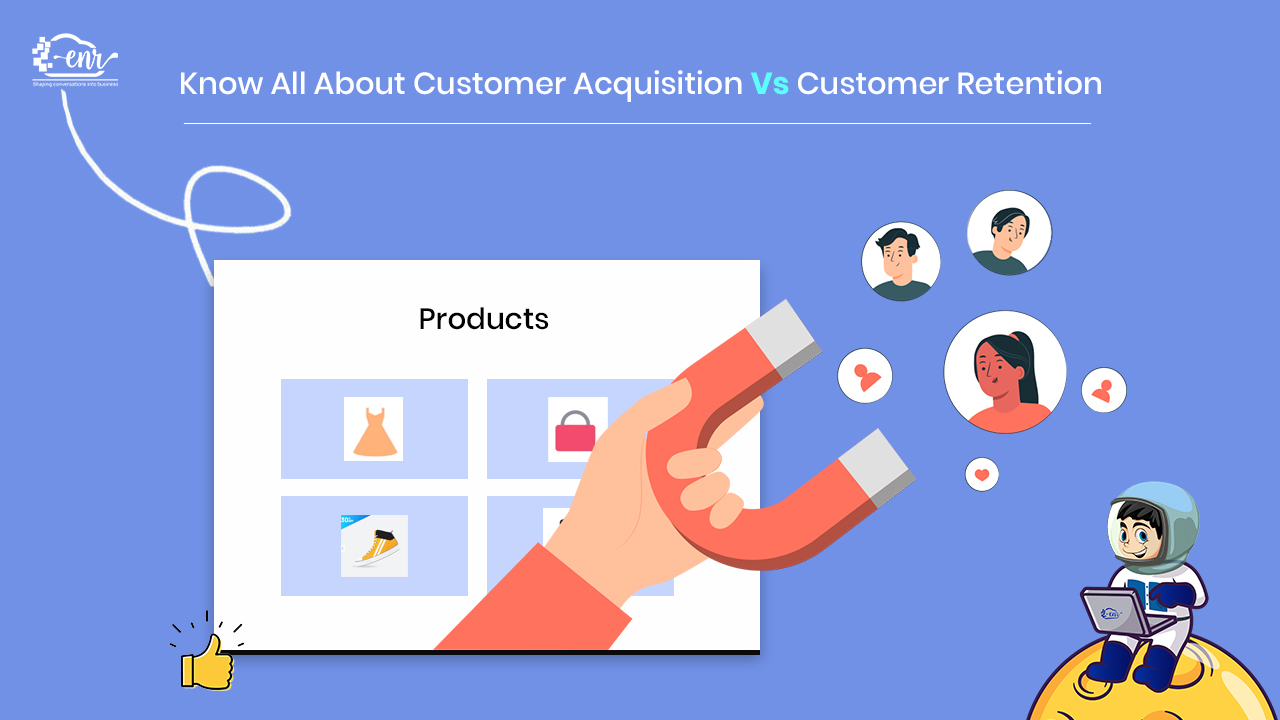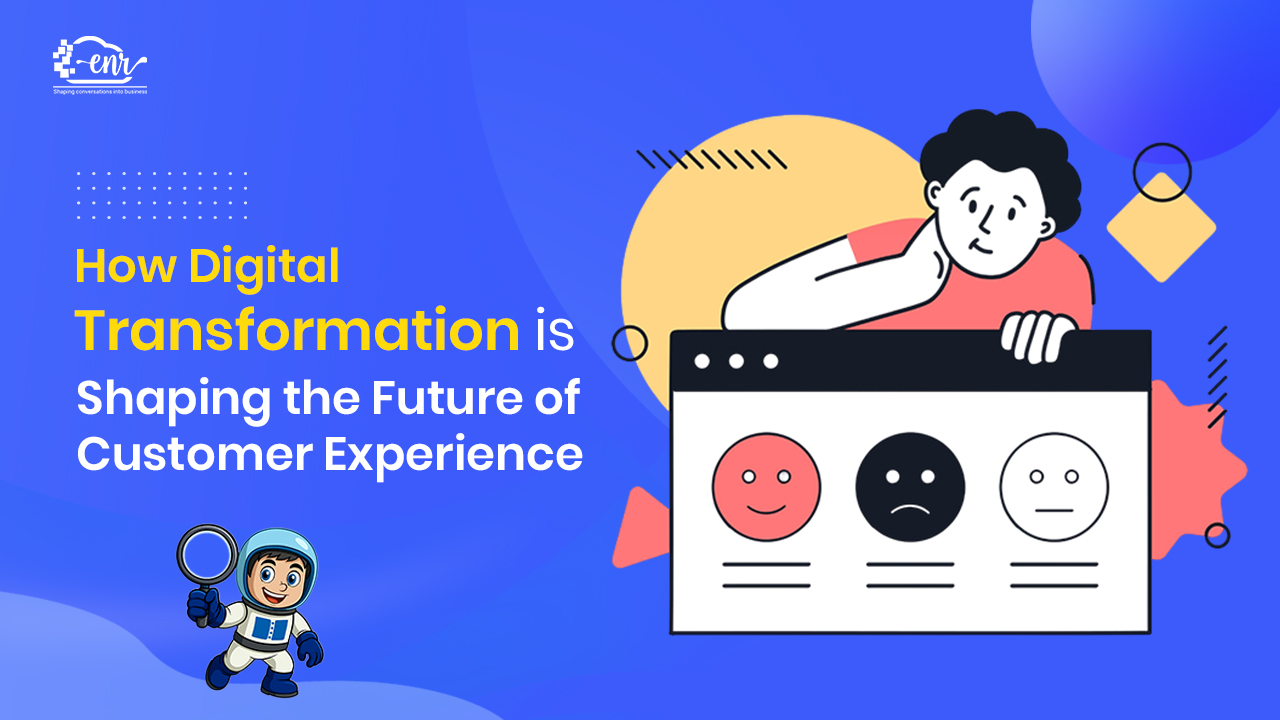Customer Acquisition vs Customer Retention- which strategy drives more growth for your business? Both the strategies serve different purposes and can have a different impact on your business.
While attracting new customers is essential for growth, keeping existing customers happy can often be more beneficial in the long run. So, how do you strike the right balance between these two crucial aspects of marketing?
Let’s straight away get into the customer acquisition vs customer retention and importance and we have also discussed the difference and how to find a balance between both.
Table of Contents
ToggleWhat is Customer Acquisition?
Customer acquisition is all about getting new customers.
Customer acquisition refers to the process of acquiring and converting new customers to your business.
The main focus of customer acquisition is to identify the potential customer, reaching out to them and pursuing them to buy your product or service.
What is Customer Retention?
Customer retention is a strategy that focuses on retaining the customer by encouraging loyalty and repeat purchase. The goal of the customer retention strategy is to keep your existing customers happy by providing maximum value and ensuring they continue to do business with you building long-term relationships.
Customer Acquisition vs Customer Retention – Importance for your business.
Before learning about which strategy – customer acquisition vs customer retention, to choose for your business, it is important for you to understand the importance of customer acquisition and importance of customer retention separately.
Why is Customer Acquisition Important?
In customer acquisition vs customer retention, the importance of acquisition impacts your overall business growth. It helps you reach out to new markets and expand your customer base.
Here’s why it is important:
- 1. Market Expansion: Customer acquisition as strategy will help you tap new markets and wider demographics
- 2. Revenue Increase: Acquiring new customer means increase in sale and higher revenue for business
- 3. Brand Recognition: Acquiring new customers helps to increase brand visibility and wider recognition.
Why is Customer Retention Powerful?
Customer Retention is cheaper than customer acquisition.
Customer retention as a strategy is key to long-term profitability. Keeping existing customers satisfied leads to repeat purchase and can bring your business more consistent revenue.
Here’s why it is important:
- 1. Higher Lifetime Value: Retaining the existing customer tends to spend more on the business over their lifetime.
- 2. Cost Efficiency: We know that customer retention is an effective as well as cost-efficient strategy, as retaining customers is way cheaper than acquiring new ones.
- 3. Brand Loyalty: Providing better services and special treatment to loyal customers will lead to satisfied customers, who eventually become brand advocates, and spread positive word-of-mouth.

Difference between Customer Acquisition vs Customer Retention
For an effective business strategy, understanding the difference between customer acquisition vs customer retention is important for any business.
The difference lies in the objective and impact on the business.
1. Goals and Objective
Customer Acquisition: The primary goal is to attract new customers to grow the customer base and persuade them to make purchases. This involves increasing market share and brand visibility.
Customer Retention: The main objective is to keep current customers satisfied and loyal. This focuses on maximizing customer lifetime value and reducing churn rates
2. Cost Implications
Customer Acquisition: Acquisition cost is generally higher as it involves the cost of advertisement, promotion and initial marketing efforts. It’s about investing in strategies to bring new customers in.
Customer Retention: The cost incurred in customer retention is typically less expensive as its main focus is on maintaining relationship with the existing customer through personalization, loyalty programs, reward points and better customer services.
3. Marketing Strategies
Customer Acquisition: The marketing strategies of customer acquisition involves strategies like SEO, PPC, social media marketing, influencer collaborations, and content marketing. The aim is to attract and convert new leads.
Customer Retention: Customer retention marketing strategies involve strategies like personalized email marketing, loyalty programs, customer feedback systems, and consistent engagement. The aim is to foster ongoing relationships.
4. Short-term Long-term
Customer Acquisition: The focus of customer acquisition is on short-term results. The goal of customer acquisition are quick wins and immediate boost in sales
Customer Retention: It aims at long-term relationships instead of short-term goals. The main long-term goals of customer retention is to build loyalty and increase lifetime value.
5. Success Metrics
Customer Acquisition: The metrics used to measure customer acquisition are customer acquisition cost (CAC), conversion rates, and number of new customers acquired.
Customer Retention: Measured by metrics such as customer retention rate, churn rate, customer lifetime value (CLV), and repeat purchase rate.
Visit to get best Email Marketing Services in India
Finding the Right Balance
Which strategy to adapt customer acquisition vs customer retention, is based on your business needs, but one can go for balancing both acquisition and retention as it is considered crucial for your business.
Here are some tips on when to focus on customer acquisition vs customer retention:
Focus on Acquisition: When you are planning to launch new products in the market, enter a new demographic or new market, or need quick revenue boosts.
Focus on Retention: When your business aim is to increase profitability, reduce churn, and build a loyal customer base.
Final Thoughts
To wrap up, it is important to understand the balance between customer acquisition vs customer retention as it is essential for sustainable business growth.
Alisha Limichana is a seasoned growth marketer and part of the MCG team at EnR Cloud, specializing in driving business growth through innovative strategies. She has a proven track record of delivering impactful marketing campaigns. Outside of work, Alisha enjoys exploring the mountains, travelling, and staying active and fit.





